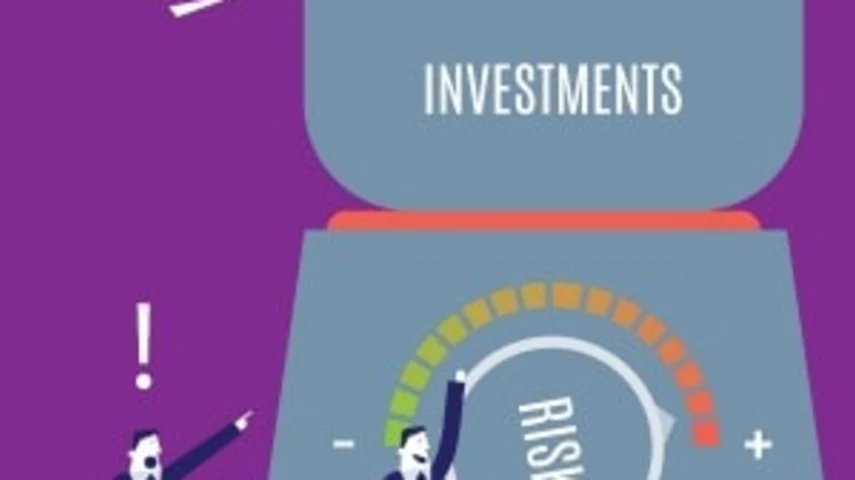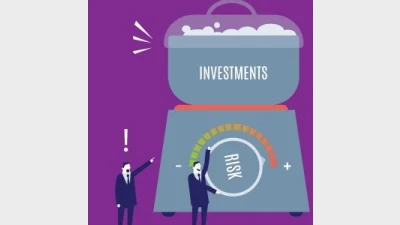Investor confidence declines in November



State Street’s Global Investor Confidence Index (ICI) dropped 1.7 points in November from 84.4 points to 82.7 points following a reset in investor sentiment.
The results showed confidence among North American investors further weakened, with North American ICI decreasing from 81.6 points to 79.2 points, while the European ICI picked up 0.4 points to 91.9 and the Asia ICI increased by 2.6 points to 102.2 points.
State Street Index developer, Kenneth Froot, said November saw a rest in investor sentiment, and with the exception of Asia investors, it severely reduced optimism amid recent market turbulence.
“And as result, managers are now strongly adjusting their risky-asset positioning,” said Froot.
Michelle Metcalfe, senior managing director and head of global macro strategy, said while the sentiment of global consumers was rolling over to reflect the potential of economic headwinds, investor confidence had one of its quickest deteriorations in a decade.
“Dramatic drops in August and September were a prophetic warning of the market volatility that has dominated the fourth quarter, and investor confidence has fallen again in November,” she said.
“One surprising element of this month’s ICI, given the bearish narrative around the potential of a US and China trade war, was that sentiment of investors based in Asia actually improved over the month.”
Recommended for you
Ethical super fund Australian Ethical has announced the appointment of Anthony Lane as chief operating officer.
The structural shift towards active ETFs will reshape the asset management industry, according to McKinsey, and financial advisers will be a key group for managers to focus their distribution.
ASIC has warned that practices across the $200 billion private credit market are inconsistent and, in some cases, require serious improvement.
A surge in electricity prices has driven the monthly Consumer Price Index to its highest level in a year, exceeding forecasts.









